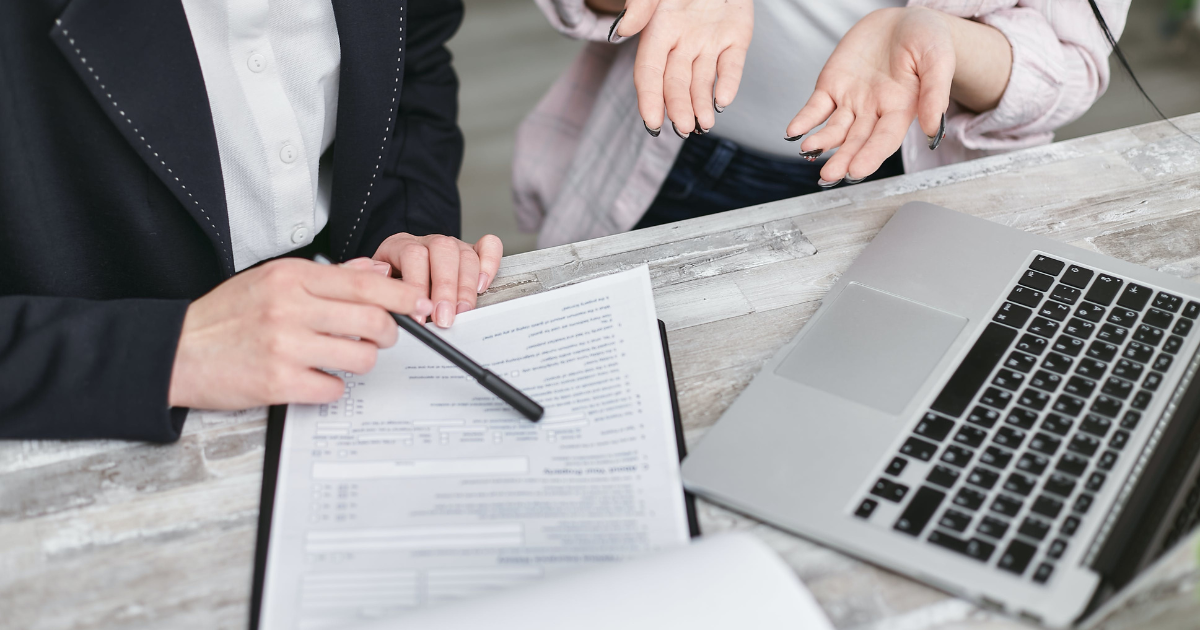Starting your journey in real estate investment is like setting off on a thrilling adventure. But, reaching success means planning carefully and being really thorough. It doesn’t matter if you’re a pro investor looking to expand your portfolio or someone buying a property for the first time – knowing how to do due diligence is crucial for making smart choices.
In this blog post, we’ll break down the important steps for checking out investment properties. We want to help you understand the details and give you the confidence to handle the challenges of real estate. From figuring out your investment goals to looking closely at money matters and legal stuff, our guide is here to give you the knowledge you need. The goal? To help you get the most profit and avoid as many risks as possible in your real estate adventures.
Define Your Investment Goals: Before you start checking things out, figure out what you want. Are you looking for money from renting for a long time, a quick increase in value, or a mix of both? Knowing your goals helps you look for the right property.
Location Analysis:Where a property is matters a lot. Look at things like who lives there, how safe it is, the quality of schools, and how close it is to useful places. Also, think about how the area might grow and stay stable over time. These things can really affect how much the property is worth.
Property Inspection: Make sure the property is in good legal shape. Check for any problems or limits like rules from the government or ongoing legal issues. Talking to a real estate lawyer can really help you deal with any tricky legal stuff.
Financial Due Diligence: Check out the money side of things for the property. This means looking at how much it costs to run, the taxes you’ll have to pay, and how much money you could make from renting it out. Understanding the property’s financial health is crucial for estimating your return on investment (ROI).
Market Analysis: Look at how other properties in the area are doing to guess how much the property you’re interested in might go up in value. Check out recent sales, what’s trending in the market, and how much similar properties are worth. Doing this helps you predict the property’s future value and how much you could make from renting it out.
Legal Due Diligence: Make sure the property is all good legally. Look out for things like rules or limits that might affect it. Check for any legal issues like debts, rules from the government, or ongoing legal stuff. Talking to a real estate lawyer can help you understand any complicated legal things.
Environmental Considerations: See how the property might affect the environment and if there are any rules or problems related to it. Check if there’s any chance the property might have issues with contamination or other rules that could affect its value. Doing this kind of check is important to avoid long-term problems.
Evaluate Financing Options: Check out different ways you could get money to buy the property and the terms for paying it back. Think about things like interest rates, how long you’ll have to pay it back, and how it might affect your money situation. Having a good money plan is really important for a successful real estate investment.
Social Media and Online Presence: Take advantage of social media to find out more about the property and the area. Check out discussions on community forums, local Facebook groups, and other online places. Social media can give you helpful info that you might not find in the usual ways.
Conclusion:
Checking out investment properties is like solving a puzzle with many pieces. It needs looking into things, thinking, and being careful. If you follow these important steps, you can make smart choices and set up the basics for a successful real estate investment. Always keep in mind that being really careful and thorough is the key to lowering risks and getting the most out of your investment in the always-changing world of real estate.

